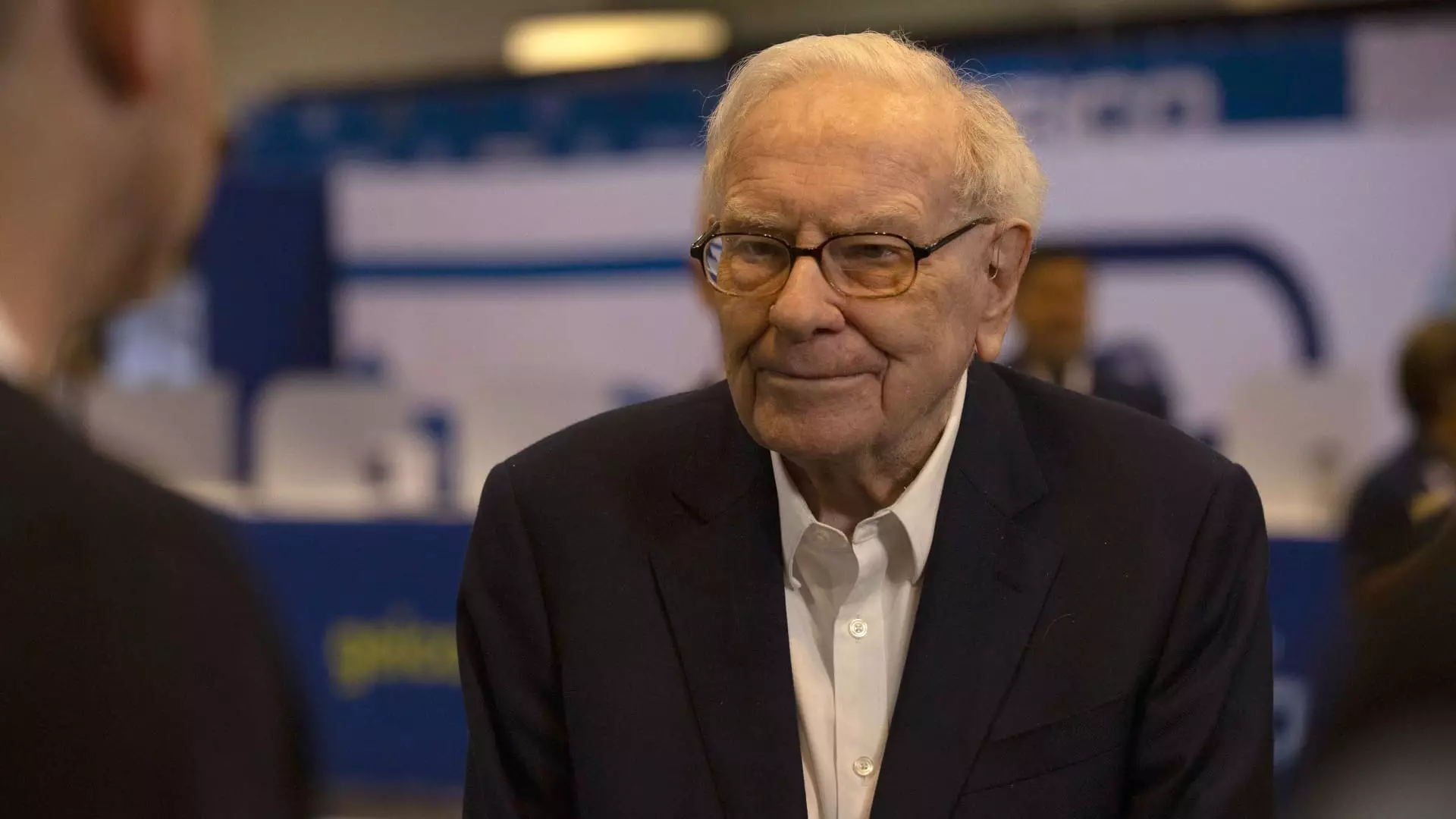Warren Buffett, the legendary investor and CEO of Berkshire Hathaway, continues to make waves in the financial sector, particularly with his recent decision to decrease Berkshire’s stake in Bank of America (BofA) to beneath the 10% threshold. This decision comes on the heels of a selling spree that began in mid-July. The latest filings with the U.S. Securities and Exchange Commission detail the sale of over 9.5 million shares across three different transactions, ultimately reducing Berkshire’s holdings to approximately 775 million shares—or about 9.987%. This strategic reduction is significant, as crossing the 10% ownership mark triggers strict reporting requirements which now no longer apply to Berkshire’s future transactions.
By lowering its ownership percentage, Berkshire Hathaway has not only slashed disclosure obligations but also signaled a potential shift in Buffett’s long-term outlook on BofA. Previously, investors and analysts followed Buffett’s moves closely, especially as Bank of America remains the largest institutional investment under Berkshire’s portfolio. While the bank’s stock has seen a modest uptick of about 1% in the past month, this doesn’t overshadow the broader concerns that may be influencing Buffett’s actions.
Buffett’s full impact on market confidence in the financial sector has always come under scrutiny, particularly since his historic investment in BofA back in 2011 during the aftershocks of the subprime mortgage crisis. His involvement marked a pivotal moment in restoring faith in an institution that was struggling at the time. Having previously converted preferred stock and purchased additional shares, his divestment now raises questions about the sustainability of his trust in banking equities.
Analyzing Buffett’s moves reveals an overarching cautiousness, especially following a series of bank failures during the financial strains of 2008 and more recent upheavals in 2023. His commentary on the “stickiness” of deposits reflects a growing concern about customer confidence in banks. Banking has evolved drastically due to technological advancements and the emergence of fintech firms, which have made traditional banking models susceptible to rapid changes in consumer behavior during a crisis.
Buffett’s concerns about the banking industry extend beyond mere stock performance; they delve deeper into systemic trust issues reinforced by regulatory responses that he perceives as lacking clarity. His past criticisms serve as a cautionary tale about perceived stability in banking sectors that could potentially shift with little warning.
Looking to the future, the next 13F filing due in mid-November will be a focal point for analysts and investors eager to gauge Berkshire’s equity strategies as of the end of September. This contains vital insights into not only how Buffett views Bank of America but also reflects his thoughts on the broader financial landscape. As Berkshire holds a substantial but declining position in a major banking institution, the implications for market sentiment and investor behavior remain significant.
Buffett’s actions signal a potentially transformative pivot in investment strategy and sentiment toward the banking sector. While his tenure of trust in BofA may persist, the reduction in stake indicates a more cautious approach in a landscape riddled with uncertainty. The next steps taken by Buffett will certainly remain a close watchpoint for those observing the financial sector’s recovery trajectory.

